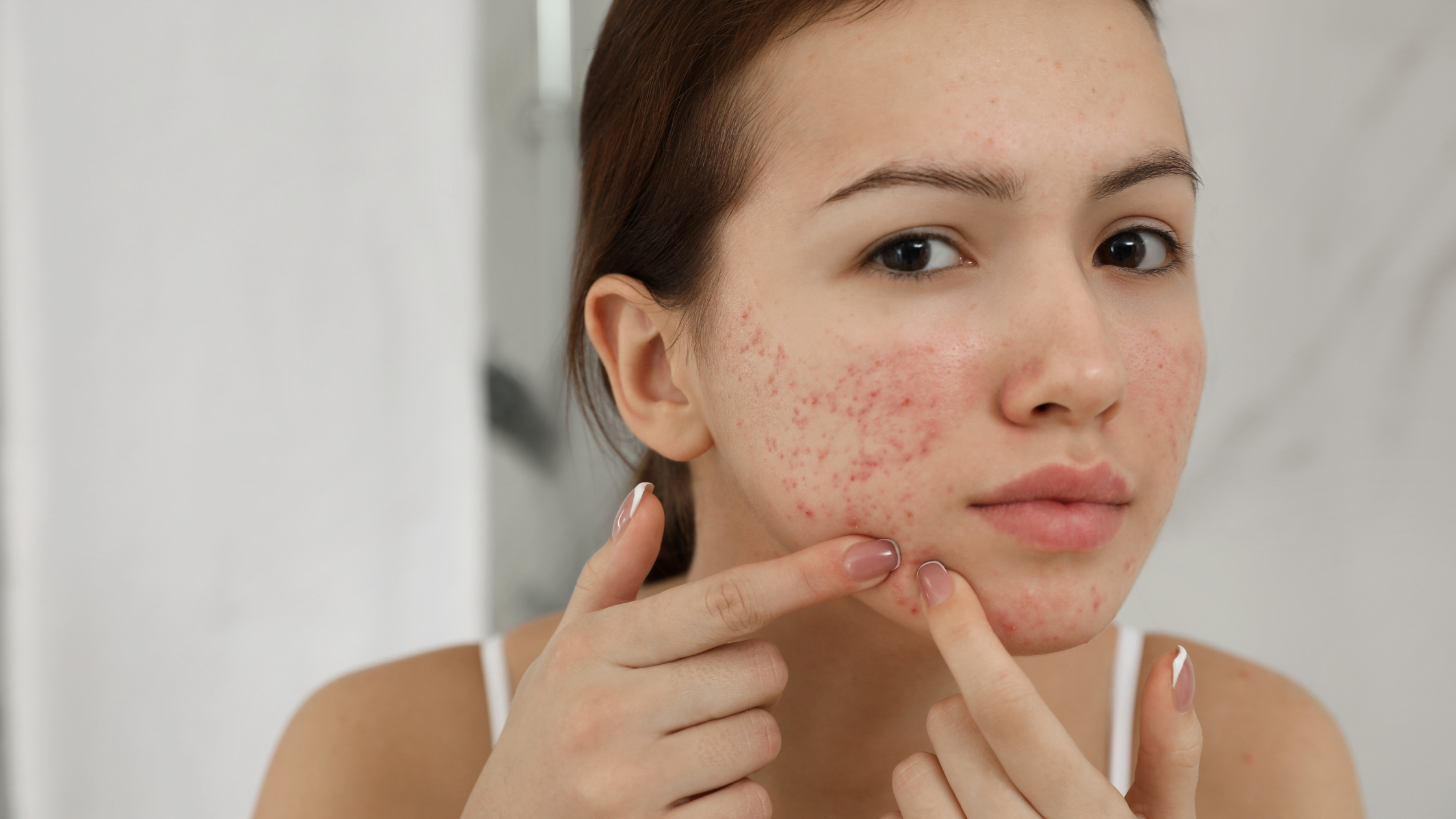Digging Deep Behind the Science of Acne Flare-Ups
Acne-prone individuals don’t identify themselves as being blessed in the skin department as compared to those who effortlessly have flawless skin. It can be frustrating and even distressing to deal with recurring acne flare-ups. While acne is often perceived as a cosmetic issue, its roots run deeper into the complexities of our skin’s biology. In this article, we will delve into the science behind acne flare-ups, understand the factors that contribute to their occurrence, and explore effective strategies to manage and prevent them for clearer and healthier skin.
Understanding the Basics of Acne
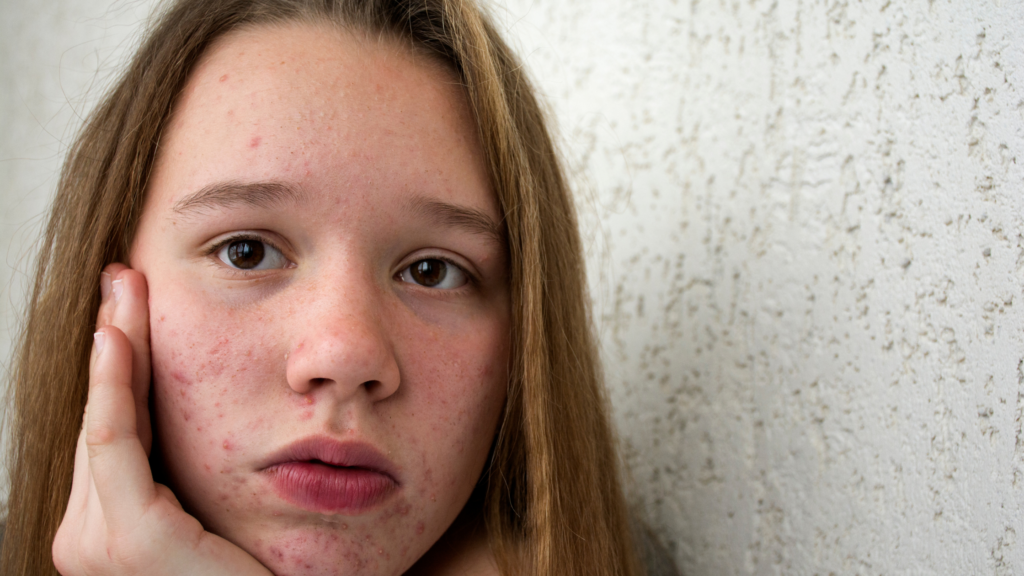
Aside from genetics, acne is a skin condition that occurs when hair follicles become clogged with oil, dead skin cells, and bacteria. These clogged pores give rise to various types of acne lesions, such as whiteheads, blackheads, papules, pustules, nodules, and cysts. The most common areas affected by acne are the face, neck, chest, back, and shoulders.
The Role of Sebum and Hormones
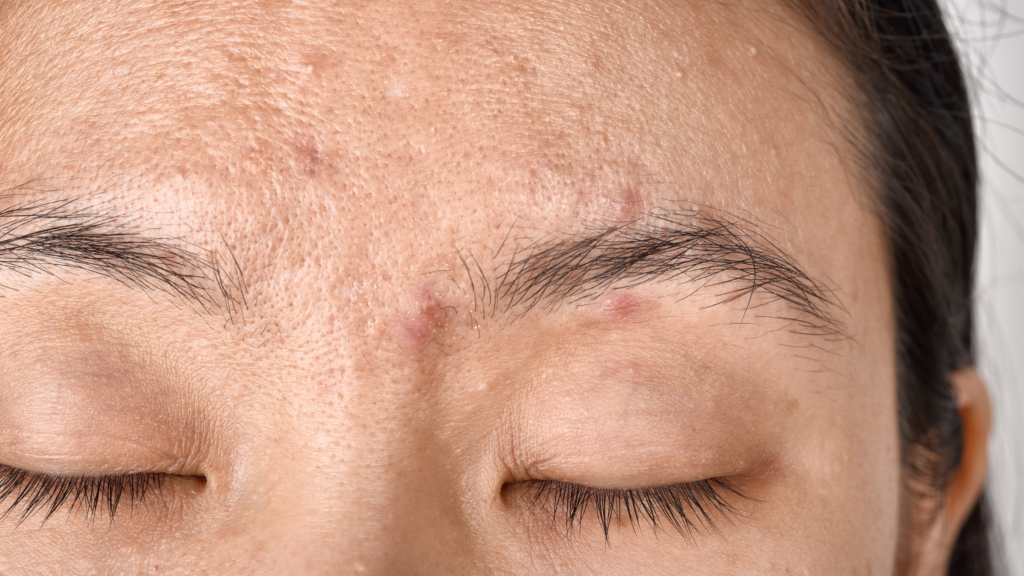
Sebum, an oily substance produced by the sebaceous glands, plays a significant role in acne formation. In adolescence, hormonal changes, specifically increased androgen levels, trigger the sebaceous glands to produce more sebum. Excessive sebum production can clog hair follicles, creating an ideal environment for the acne-causing bacterium called Propionibacterium acnes (P. acnes).
The Inflammation Factor
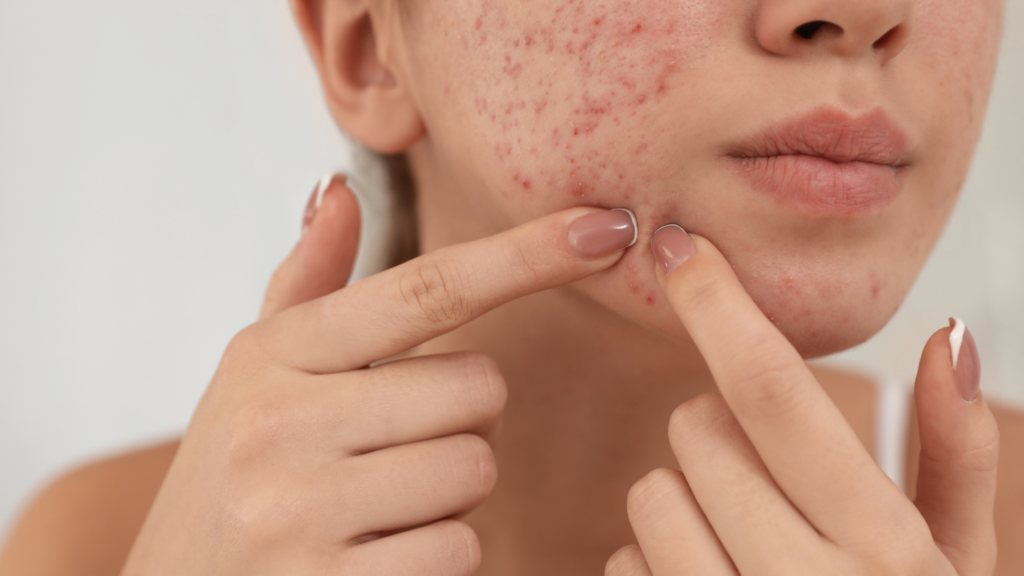
P. acnes bacteria thrive in the clogged follicles and trigger an inflammatory response by the body’s immune system. This inflammation causes the redness, swelling, and tenderness characteristic of acne lesions. Breakouts refer to the sudden and intense aggravation of acne lesions on the skin. These flare-ups can be particularly frustrating, as they seem to occur unexpectedly despite one’s efforts to manage the condition. To better comprehend why acne is recurring, we must explore the contributing factors that exacerbate acne symptoms.
- Hormonal Changes: Fluctuations in hormones, such as during puberty, menstruation, or pregnancy, can lead to increased sebum production, making acne worse during these periods.
- Diet: Consuming a diet high in refined sugars, carbohydrates, and dairy products may exacerbate acne due to its potential impact on insulin levels and inflammation.
- Stress: High-stress levels can trigger hormonal changes that influence sebum production and inflammation, contributing to acne flare-ups.
- Skincare Products: Certain skincare products containing comedogenic (pore-clogging) ingredients can worsen acne. Using harsh or abrasive products may also aggravate the skin and lead to more significant flare-ups.
- Medications: Some medications, including corticosteroids, anticonvulsants, and hormonal contraceptives, may have acne as a side effect or worsen existing acne.
- Environmental Factors: Exposure to pollutants, humidity, and excessive sweating can irritate the skin and worsen acne.
Managing and Preventing Acne Flare-Ups
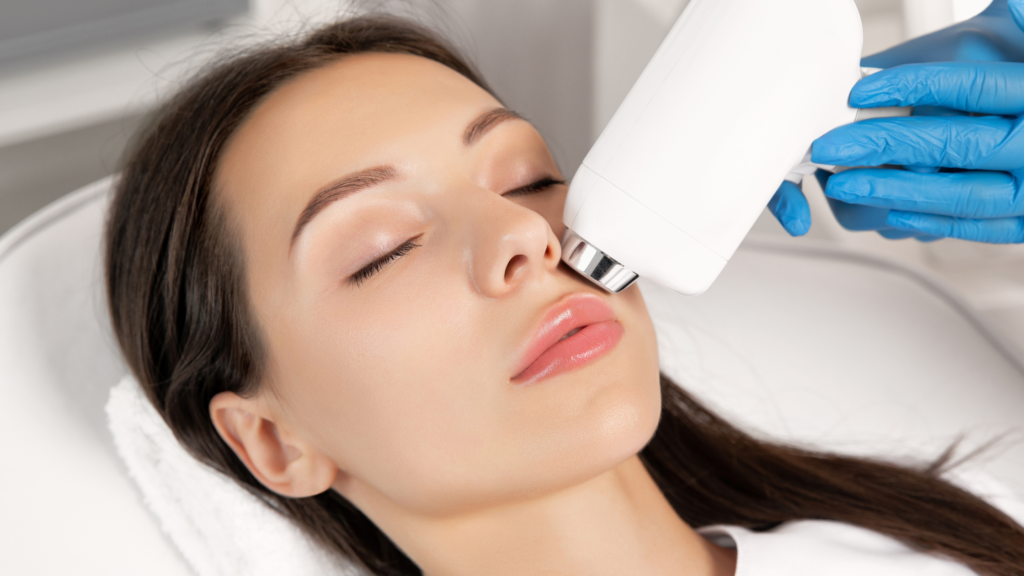
While having acne time and time again can be bothersome, there are effective ways to manage and prevent them:
- Maintain a Consistent Skincare Routine: Adopt a gentle skincare routine, cleansing your face twice daily with a mild cleanser and using non-comedogenic moisturizers.
- Avoid Over-Cleansing: Washing your face excessively can strip the skin of natural oils, leading to increased sebum production and potential flare-ups.
- Be Mindful of Products: Choose skincare products labelled as non-comedogenic and avoid ingredients that may irritate the skin.
- Avoid Picking or Squeezing: Picking or squeezing acne lesions can worsen inflammation, delay healing, and increase the risk of scarring.
- Manage Stress: Incorporate stress-reducing practices into your daily life, such as meditation, yoga, or spending time in nature.
- Dietary Modifications: Consider a balanced diet rich in fruits, vegetables, whole grains, and lean proteins. Limit consumption of sugary and processed foods.
- Seek Professional Advice: If over-the-counter treatments are not effective, consult a dermatologist for personalized acne management.

Acne flare-ups can be distressing, but understanding the science behind acne formation and its triggers empowers us to take proactive steps in managing and preventing them. By adopting a consistent skincare routine, making mindful dietary choices, managing stress, and seeking professional advice when needed, we can improve our skin’s health and reduce the occurrence of acne flare-ups.
Remember, everyone’s skin is unique, and what works for one individual may not work for another. Be patient and kind to yourself during your acne journey. Clearer and healthier skin is within reach with the right knowledge, care, and perseverance.

